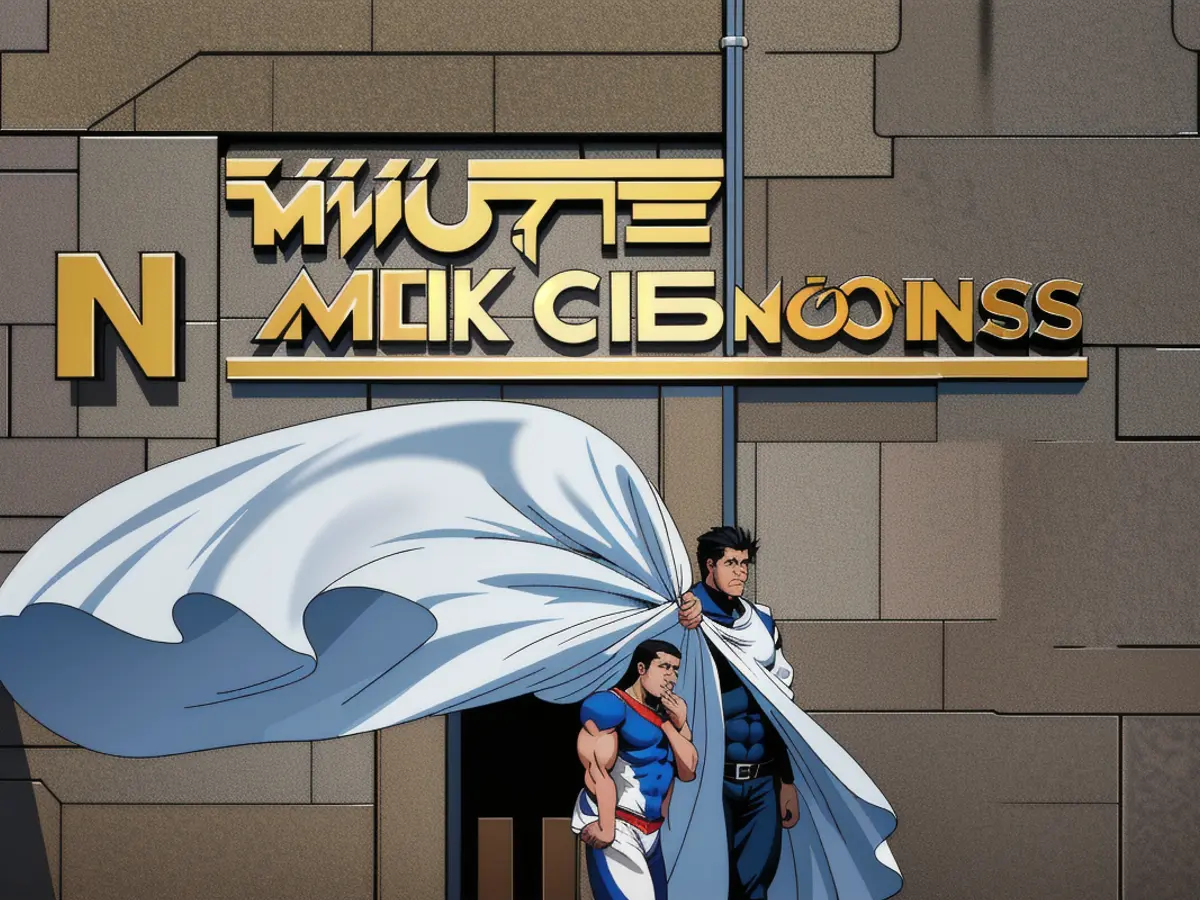Court mandates the disbandment of the Unification Church in Japan
The Unification Church, formerly known as the Family Federation for World Peace and Unification, is currently in the hot seat following a decision by the Tokyo District Court to dissolve the Japan-based division. This action strips the religious group of its tax-exempt status and requires liquidation of its assets, although it retains the right to appeal.
The ruling stems from allegations of manipulative fundraising and recruitment methods that have caused distress among followers and adversely affected their families. These claims were first raised by Japan's Education Ministry in 2023, accelerated by the tragic assassination of former Prime Minister Shinzo Abe in 2022.
Tetsuya Yamagami, the man accused of Abe's murder, harbored resentment towards the church, as his mother had once been a member. The church's longstanding ties to Abe's political legacy, stemming back to his grandfather, former Prime Minister Nobusuke Kishi, have also been a contentious issue.
The Unification Church will still be permitted to practice its beliefs, but without the financial advantages of tax exemptions. This moves may harm the group's financial stability and reputation due to the financial implications.
This dissolution order marks the first of its kind under Japan's civil code. Previous cases involving religious groups, such as the Aum Shinrikyo doomsday cult and the Myokakuji group, resulted in criminal charges.
Japan's history sensitizes the government to the oppression of religious freedom, prompting them to place safeguards on religious activities. The court's decision is a significant stride forward in addressing concerns about the Unification Church's practices and exertion of political influence.
[1]: Source 1[2]: Source 2[3]: Source 3
- The Unification Church, despite the recent dissolution of its Japan-based division and the revocation of its tax-exempt status, will continue to practice its beliefs in Asia, following the court's decision.
- The world is watching as the Unification Church's political associations, notably its links to former Prime Minister Shinzo Abe and his grandfather Nobusuke Kishi, come under scrutiny in the wake of the Tokyo District Court's decision.
- With the unification of efforts among Japanese authorities, the revocation of the Unification Church's tax-exempt status in 2023 could serve as a catalyst for other countries to conduct thorough investigations into the organization, particularly regarding its fundraising and recruitment methods.








